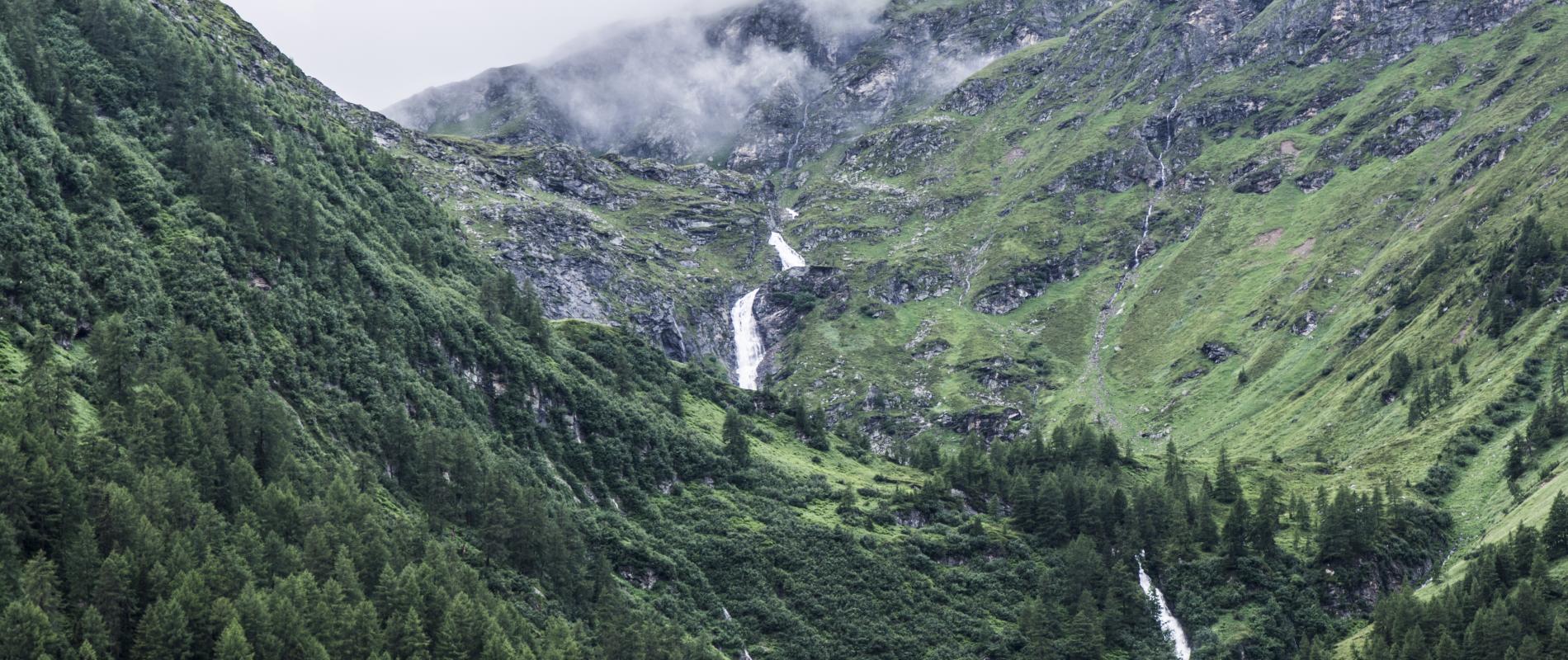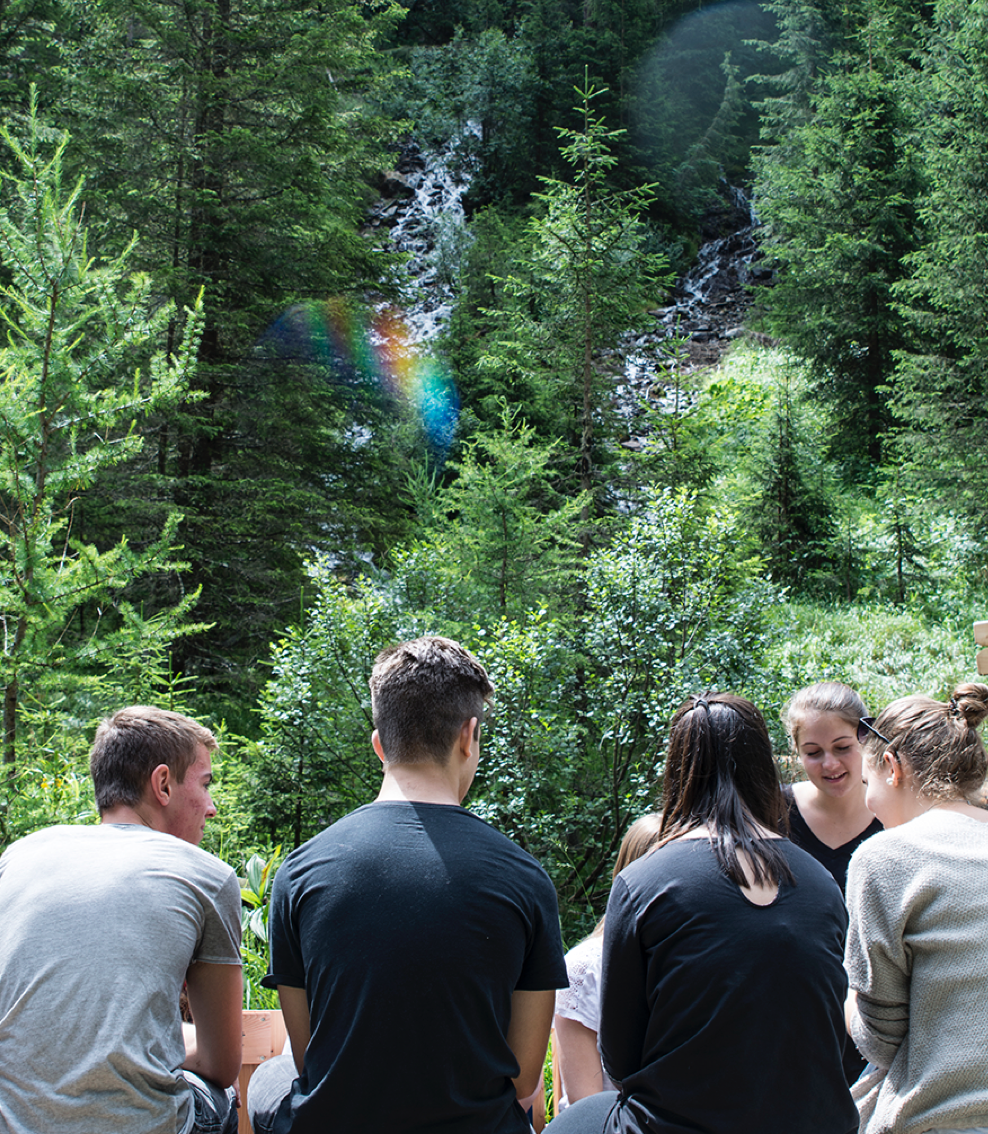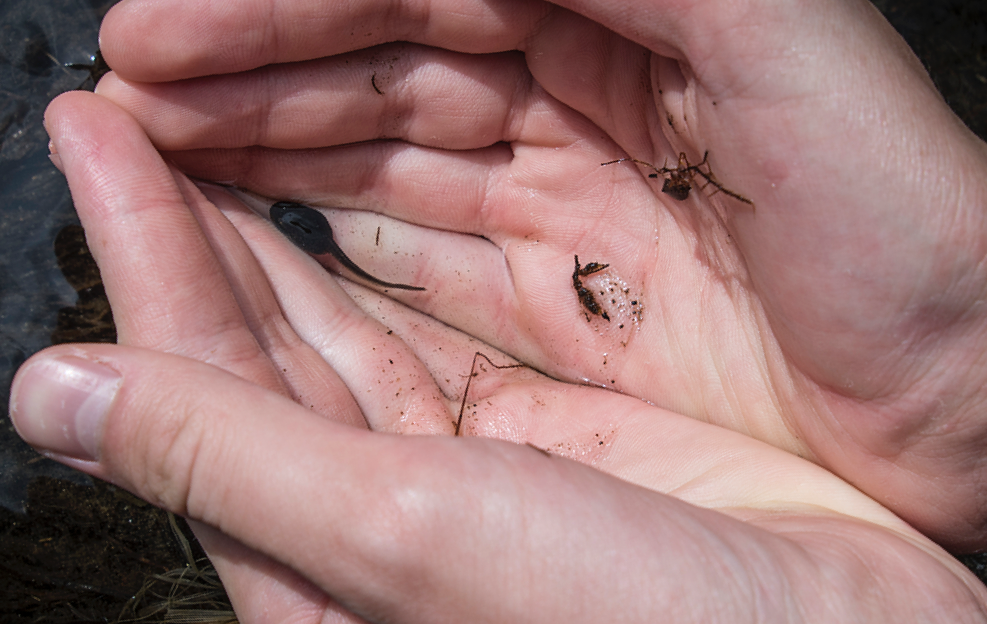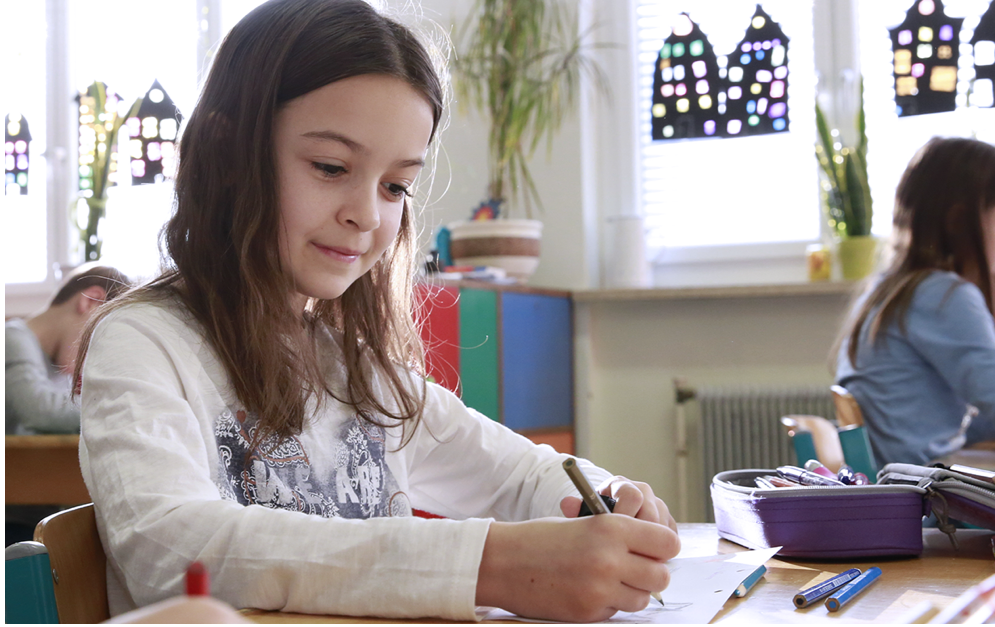El programa piloto en Austria comenzó en 2000 con el objetivo de enseñarles a los niños sobre la importancia del agua en sus propias vidas, y cómo la falta de acceso al agua afecta a un porcentaje significativo de personas en otras partes del mundo.
By producing imaginative and motivating teaching materials and training teachers, the program seeks to reach children through their minds, hearts, and hands. Swarovski Waterschool Austria encourages children to become stewards of the environment and ambassadors of change through influencing their families and communities to care for water resources; it also involves communities and stimulates public participation.






